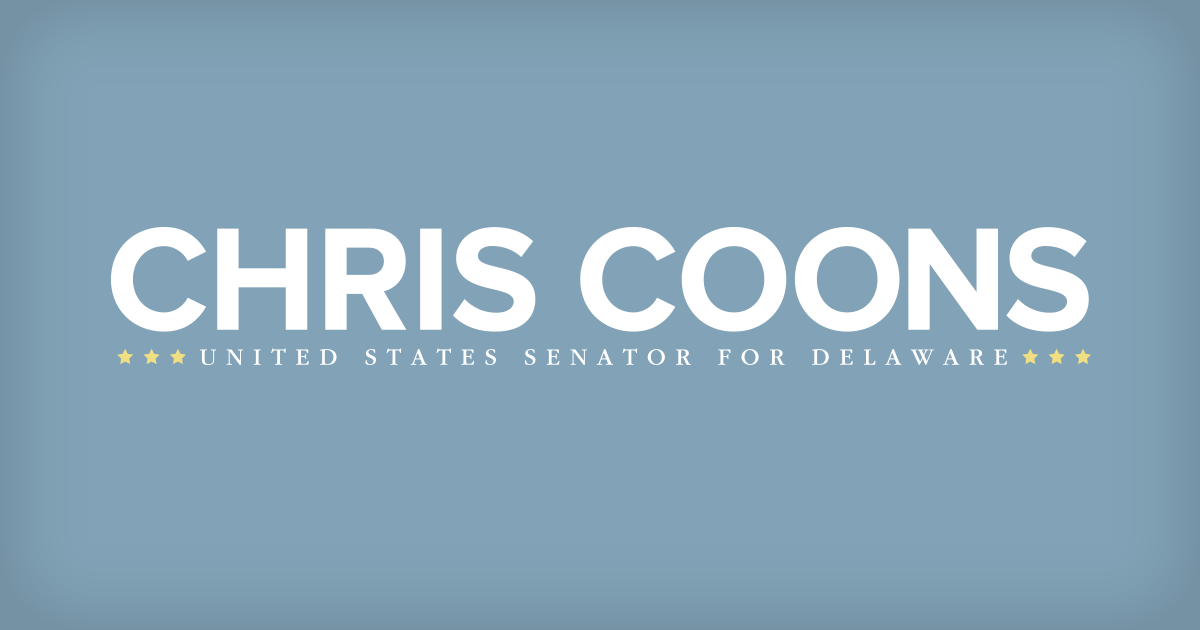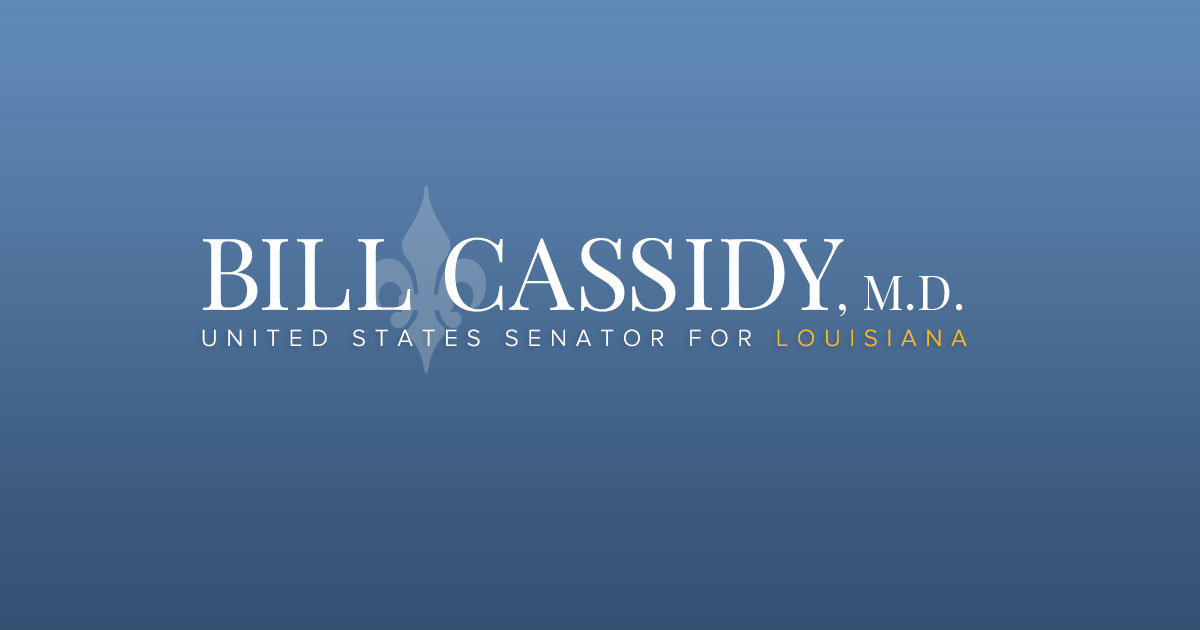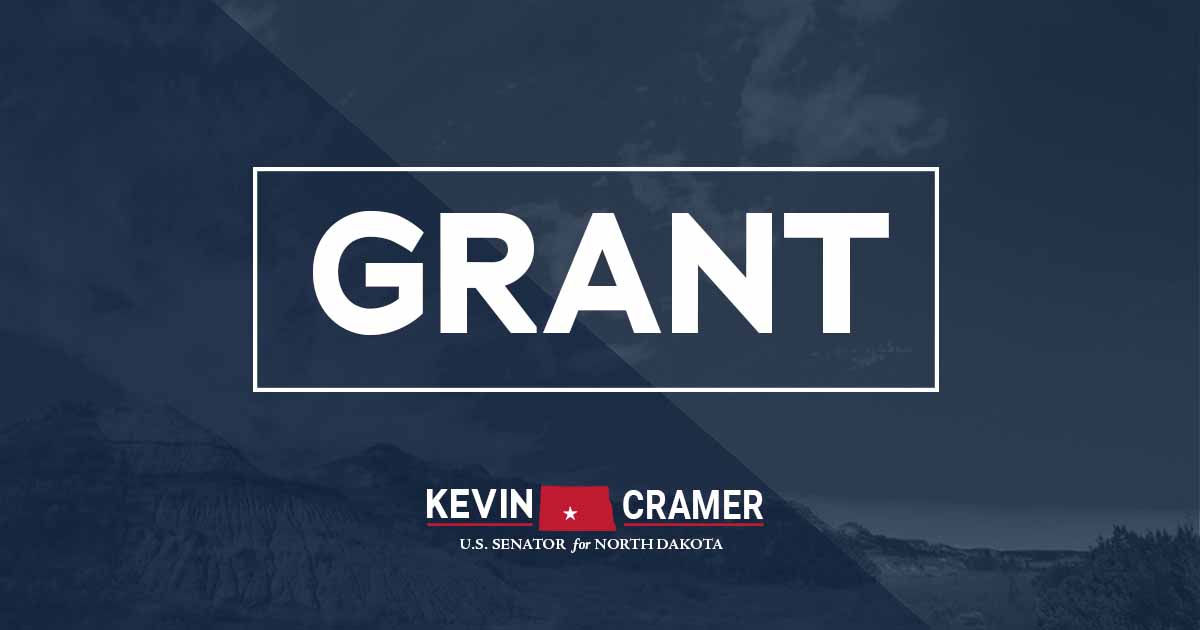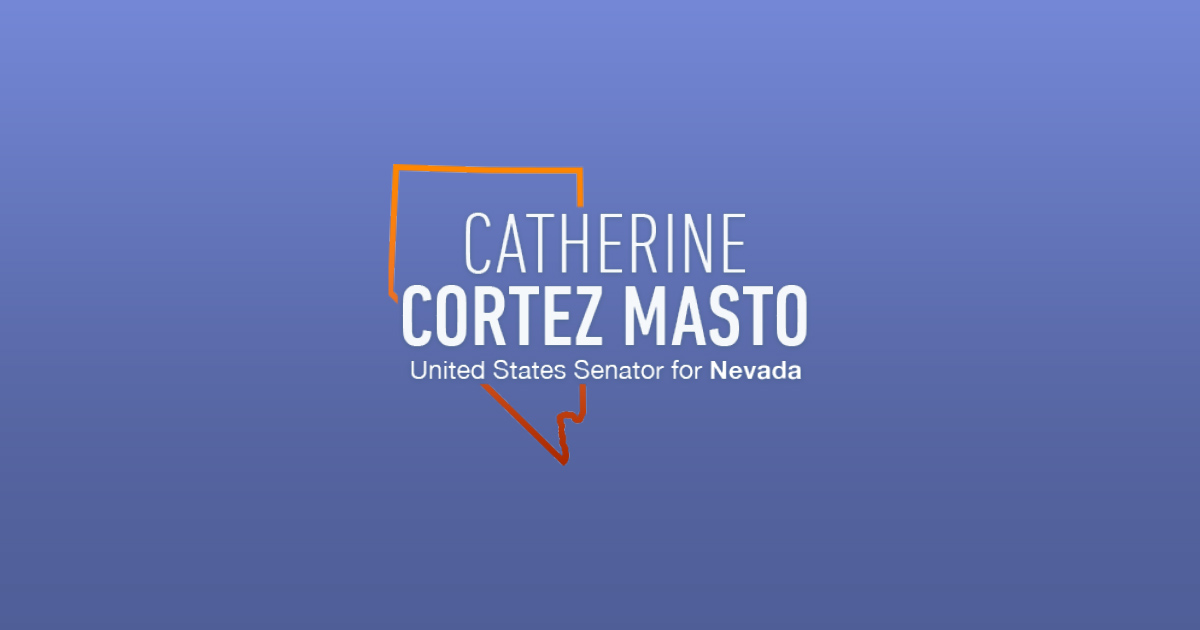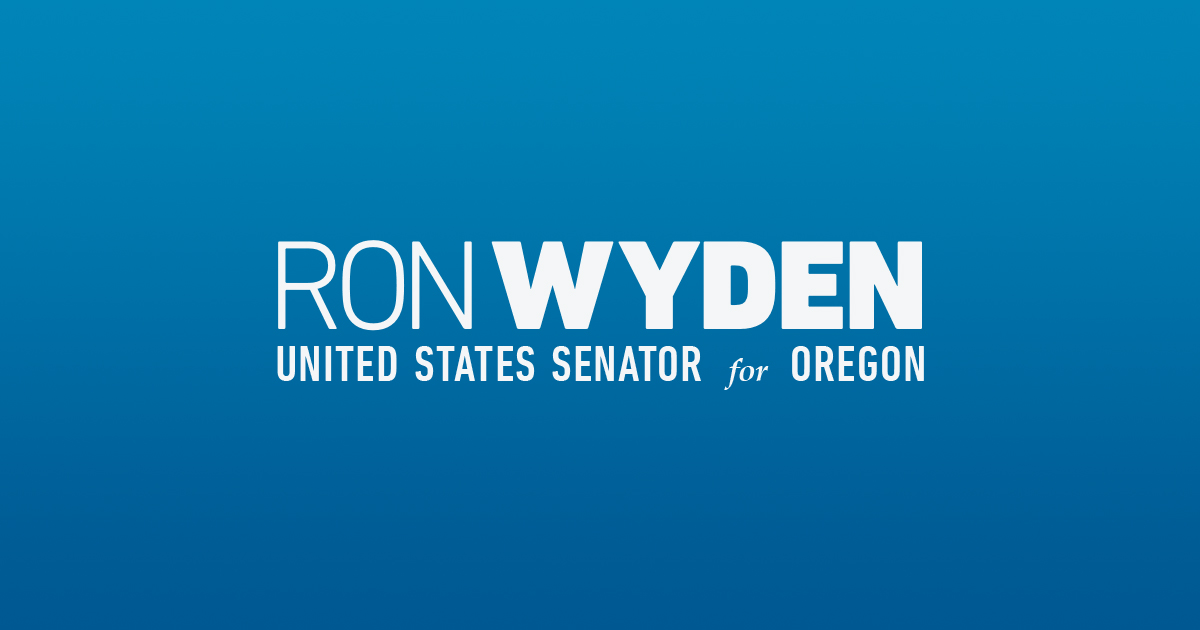Source: United States Senator for Delaware Christopher Coons
WASHINGTON – U.S. Senators Chris Coons (D-Del.) and Rob Portman (R-Ohio), co-founders and co-chairs of the Senate UK Trade Caucus, today introduced the Securing Privileged Economic, Commercial, Investment, And Legal Rights to Ensure Longstanding Atlantic Trade and Investment Opportunities and Nurture Security, Happiness, Innovation, and Prosperity Act, or the SPECIAL RELATIONSHIP Act. The new legislation would give the president five years to take advantage of “fast-track” authority, and secure an up-or-down vote in Congress on any comprehensive trade agreement negotiated with the United Kingdom.
“The United Kingdom is one of our oldest trading partners and strongest allies. Negotiating a robust, comprehensive free trade agreement with the UK is in the interest of Delaware workers, businesses, and consumers,” said Senator Coons. “The Biden administration has advanced our engagement through the U.S.-UK Dialogue on the Future of Atlantic Trade, and by passing this bill Congress can demonstrate bipartisan support for a new trade deal that includes ambitious international standards for our shared priorities on climate, labor protections, digital trade, and intellectual property rights.”
“As one of our oldest trading partners, resuming trade talks with the United Kingdom is a no brainer. We are close allies and trading partners and a trade agreement would strengthen our relationship and economic competitiveness, especially with respect to non-market economies,” said Senator Portman. “We need to get back into the business of expanding trading relationships around the world so we can export more American-made products and create jobs here at home. Reaching a bilateral trade agreement with the United Kingdom will benefit U.S. workers and businesses and strengthen the economic and security ties between our two countries.”
The U.S.-Mexico-Canada Agreement, which passed the Senate with overwhelming bipartisan support in 2020, set high standards in areas of labor rights, environmental protection, digital trade, and intellectual property rights, and the SPECIAL RELATIONSHIP Act encourages the executive branch to build on those standards in negotiations with the UK. As the bill notes, the robust labor and environmental protections enforced in both countries would reduce the risk of businesses offshoring operations to take advantage of laxer regulations and ensure that U.S. workers and companies can compete on a level playing field.
While the UK government has recently moved to override the Northern Ireland Protocol, which sets the post-Brexit trade rules in Northern Ireland, the SPECIAL RELATIONSHIP Act emphasizes that any U.S.-UK trade agreement must uphold peace and stability in Ireland and Northern Ireland.
###
